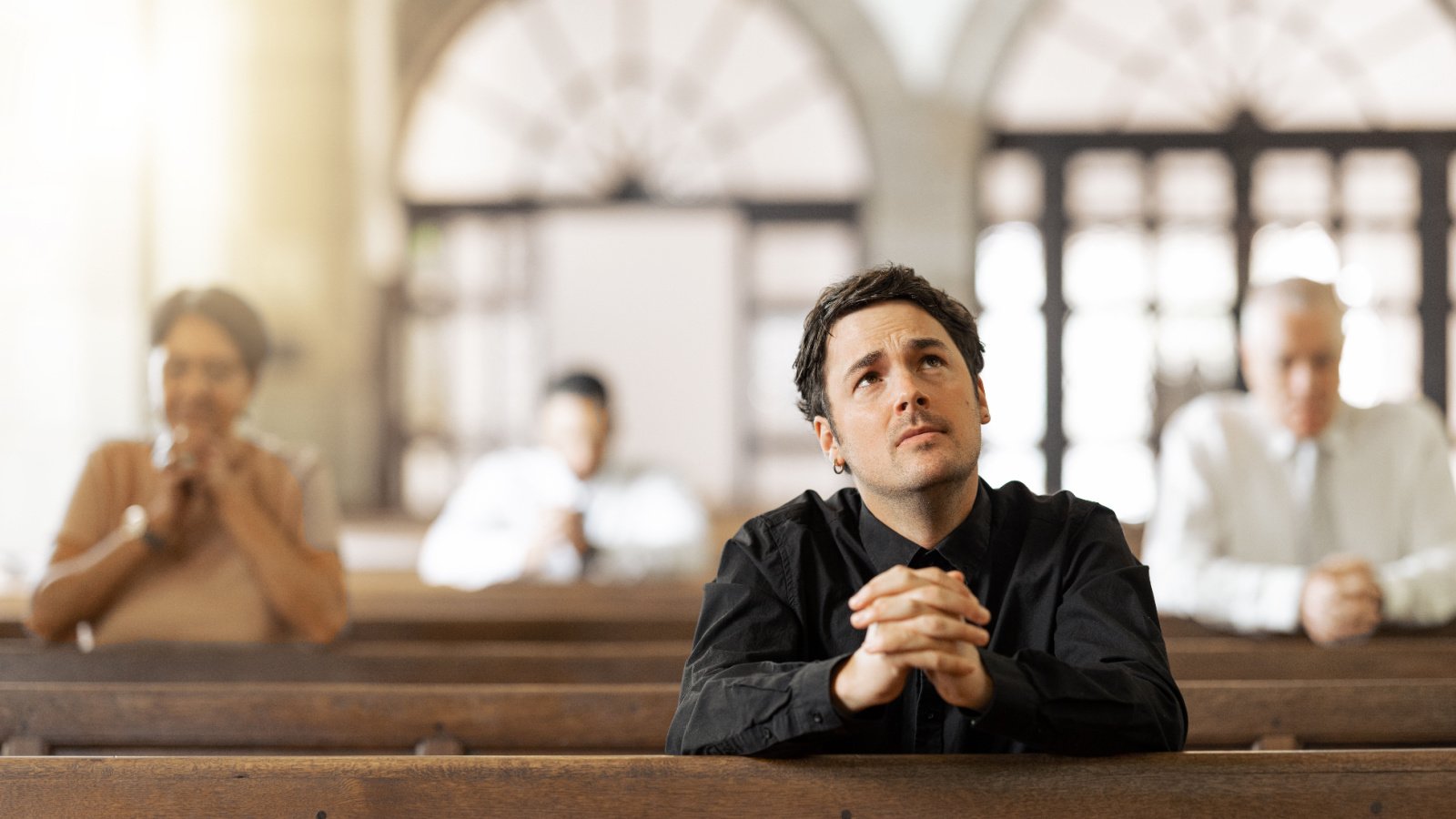Sunday mornings used to mean putting on your best clothes and attending services, no matter what you did the night before. Today, things have changed. As Baby Boomers age, many are choosing to step away from traditional church services. Let’s look at the reasons why more Boomers are skipping church.
Changing Social Norms

As society evolves, the traditional expectation of regular church attendance has diminished. Boomers, like younger generations, are influenced by these shifts. They may seek spiritual fulfillment outside conventional religious institutions.
Busy Lifestyles

Many Boomers juggle responsibilities such as work, family, and caring for aging parents. These demands leave little time for regular church attendance. Prioritizing personal time over communal worship has become more common.
Health Issues

As Boomers age, health problems can make attending church difficult. Mobility issues, chronic illnesses, and other health concerns can hinder regular participation. Online services offer a convenient alternative for those unable to attend in person.
Disillusionment

Some Boomers have become disillusioned with organized religion due to scandals or perceived hypocrisy. High-profile cases of misconduct have damaged trust in religious institutions. This disillusionment leads many to distance themselves from church.
Seeking Authenticity

Boomers often seek authentic, personal spiritual experiences over traditional rituals. They may find church services lacking in genuine connection. Alternative spiritual practices like meditation or nature retreats offer more meaningful experiences.
Shift in Beliefs

Changes in personal beliefs can lead Boomers away from traditional church teachings. Some may embrace more progressive or secular views. This shift often results in seeking spiritual fulfillment outside the church.
Negative Experiences

Past negative experiences with the church can deter Boomers from returning. Harsh judgment or exclusion can leave lasting scars. Seeking spiritual growth in more inclusive environments becomes preferable.
Technology

The rise of technology provides Boomers with new ways to engage with spirituality. Online sermons, podcasts, and virtual communities offer flexible options. These alternatives cater to those who prefer digital interaction over physical attendance.
Prefer Small Groups

Many Boomers favor small, intimate gatherings over large church services. Home-based Bible studies or discussion groups offer a more personal connection. This preference reflects a desire for deeper, more meaningful interactions.
Financial Concerns

Economic pressures can influence church attendance decisions. Some Boomers face financial instability, making it hard to justify donations or tithes. Choosing to worship privately helps alleviate financial stress.
Desire for Privacy

A preference for privacy can lead Boomers to avoid church gatherings. They may seek solitude in their spiritual practices. Private worship or meditation at home provides a quiet, reflective space.
Alternative Practices

Boomers explore diverse spiritual practices beyond traditional church services. Yoga, mindfulness, and nature walks offer spiritual fulfillment. These alternatives align with personal interests and lifestyles.
Politics

Political differences within church communities can create division. Boomers may feel alienated if church teachings clash with their political beliefs. Avoiding church helps maintain harmony and personal integrity.
Loss of Community

Some Boomers find their church communities dwindling as peers move or pass away. The loss of familiar faces diminishes the sense of belonging. Seeking new spiritual communities can be challenging and discouraging.
Increased Mobility

Modern mobility allows Boomers to travel frequently, disrupting regular church attendance. Vacations, relocations, and visits to family make consistent attendance difficult. Embracing spirituality on the go becomes more practical.
Intellectual Doubts

Intellectual skepticism can lead Boomers to question church doctrines. Scientific advancements and philosophical inquiries may challenge religious beliefs. This intellectual curiosity often results in exploring spirituality independently.
Family Commitments

Family obligations, such as grandchildren’s activities, can conflict with church schedules. Prioritizing family time over church attendance is common. Boomers often choose to support family engagements instead.
Seeking Inclusivity

Boomers may seek more inclusive spiritual environments. Churches perceived as exclusive or judgmental lose appeal. Inclusive communities that embrace diversity attract their interest.
Changing Styles

Traditional worship styles may not resonate with modern Boomers. Contemporary music and informal services appeal more to younger generations. This disconnect can lead Boomers to seek alternative worship experiences.
Environmental Concerns

Boomers concerned about environmental issues may find churches lacking in sustainability efforts. The desire for eco-friendly practices influences their attendance. Engaging with nature as a spiritual practice becomes more attractive.
Retirement

Retirement often involves relocating to new communities. Finding a new church home can be daunting. Many Boomers opt for private worship during transitional periods.
Search for Growth

Boomers often focus on personal growth and self-improvement. Spirituality becomes a personal journey rather than a communal activity. They explore practices that align with their growth goals.
Disconnect from Tradition

A disconnection from traditional practices can lead Boomers to avoid church. Rituals and ceremonies may feel outdated or irrelevant. Embracing modern, individualized spiritual practices offers more resonance.








